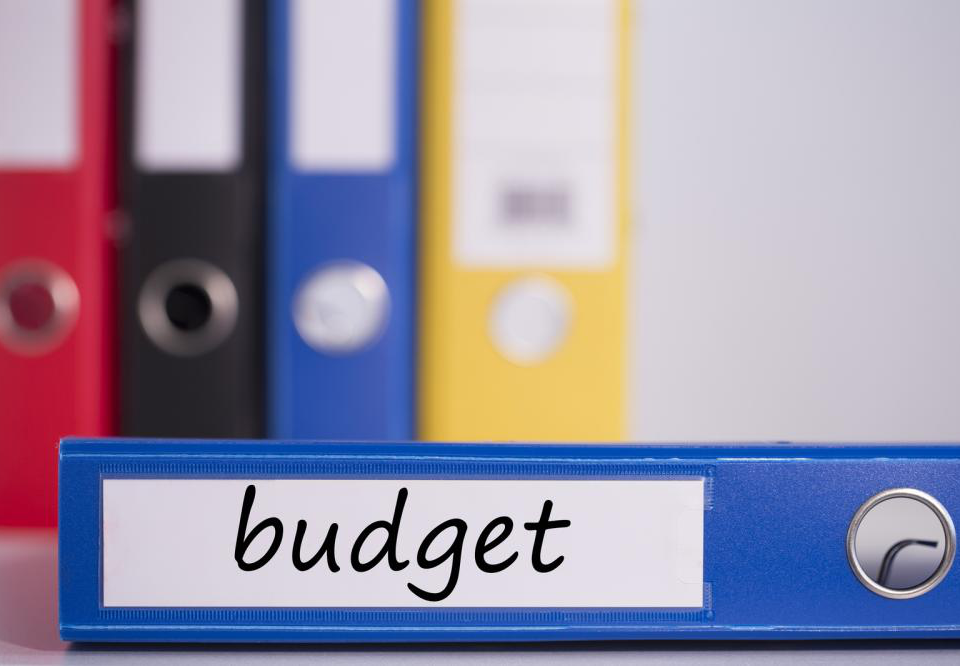Tips on Getting Approved for Commercial Real Estate Financing
Lessons for Business Owners Seeking Funding Through Commercial Real Estate Financing
July 11, 2018Types of Fix and Flip Financing Options
July 13, 2018Looking for the approval of a commercial real estate loan from a bank can be intimidating. Your decision to purchase a property, which you would with the help of the loan, mostly depends on what the final decision of the bank would be. This decision can be turned in your favor significantly if you have done your homework before meeting the bankers and if you follow the seven crucial tips that we have mentioned below in this blog for you.
By showing profitability
A bank always wants to extend loans to those who they are confident about. The confidence of a bank on a certain applicant for extension of financing to them is based on the most important requirement of showing a proven profitable track record and showing that it has the capacity to even grow further. A business with no profitability or a limited track record will have low chances of getting an approval for financing.
By carefully assessing your needs
Assessing your needs before even applying for a loan will give you a good chance of getting the approval for the loan once you apply. Bankers typically want to see evidence of solid planning with a backup plan and do not appreciate poorly thought-out projects. Figure out the space required to fulfill the current needs and any future expansion plans. Specify every small detail, apart from the purchase price, before even planning to buy real estate. The costs often overlooked includes due diligence costs, legal fees, renovation costs, and in case of lease, incidentals and leasehold improvements.
By having a property in mind
To make things easier for yourself and for the bank and to get your chances higher on laying your hands on the loan, it is good that you decide which property you are thinking to purchase. It will give the banker the opportunity to not only lend you based on your finances but also on the type, age, condition, and resale potential of the building. Without a specific property in mind that you wish to buy it would also be hard for the bank to precisely decide how much they can offer you.
By preparing your documents
Having everything prepared at the time of the meeting is what lets the bank think that you are confident about your business and purchase and will also give them the chance to go through the documents themselves before providing you an estimate for the loan. Your documents should include a solid business plan, updated financial statements, and details about the property you are interested in buying with the loan amount.
By investigating the terms of the loan
While negotiating a loan with the bank it is necessary that you have a look at the terms on which the bank is offering you the loan, apart from the rates and discuss it in length if there is any confusion. Some of the key variables that you must be paying attention to include the loan-to-value ratio, amortization period, and flexibility in loan repayment.


